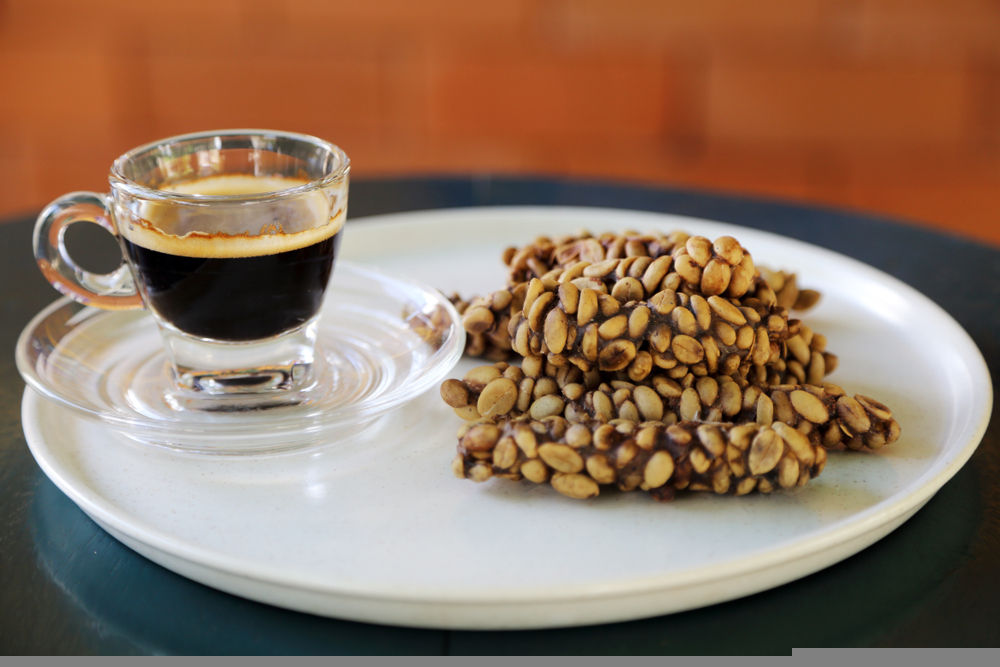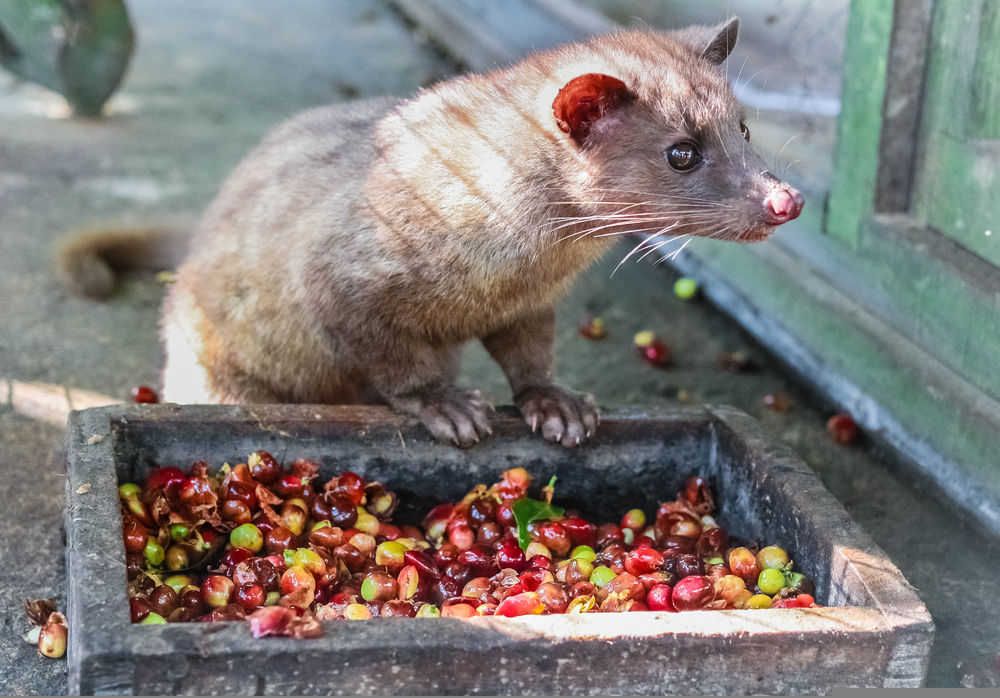Coffee might be your daily ritual and your fuel, but have you ever wondered what it is like to have the world’s most expensive coffee? Kopi Luwak is the world’s most expensive coffee, and its price is not even the most unique thing about it.
A true coffee enthusiast knows what it is like to invest in the right quality of coffee and coffee devices to brew the perfect cup of coffee every time! But Kopi Luwak is one such coffee that will make you look at your bank account ten times before buying one. One kg of this coffee costs approximately about Rs 50,000, making it the most expensive not just in India, but in the world too. But what makes the coffee so expensive? In this edition of ‘Why is it expensive’, we will analyse the Civet coffee or Kopi Luwak.
A brief history of Kopi Luwak coffee
It all started during the early 18th century when the Dutch still colonised the islands of Java and Sumatra. After being prohibited by the Dutch from picking coffee fruits for personal use, the native farmers found a way to develop their own coffee.

They noticed that the Asian palm civet, known as luwak, used to consume coffee fruits and leave behind the undigested coffee seeds in their droppings. The natives began to start collecting these coffee seeds which they cleaned, roasted and grinded to make their own coffee. The result was a unique, aromatic blend of coffee that the Dutch soon developed a taste for. Even back then, the coffee was quite difficult to procure and was quite expensive.
Why is Kopi Luwak the most expensive coffee in the world?
Even today, this Indonesian coffee is made from partially digested coffee beans eaten and defecated by an Asian civet cat. Farmers then seek out these civet droppings, to collect the feces with the coffee beans for further cleaning and processing. That is where its steep pricing comes from.

The drawn-out process of the cultivation of Kopi Luwak beans is one of the biggest factors in developing this coffee. Also the fact that the civet actually cherry picks the beans to consume adds to the pricing. The digestive enzymes in the civet digestive tract break down the proteins in the beans. All these add to the flavour and the uniqueness of the coffee. It is also extremely time-consuming, grueling and labour-intensive to process these coffees.
To read more click here
